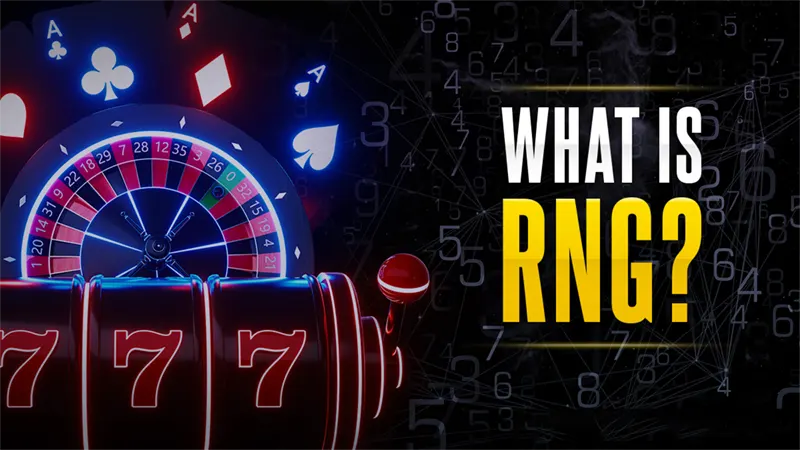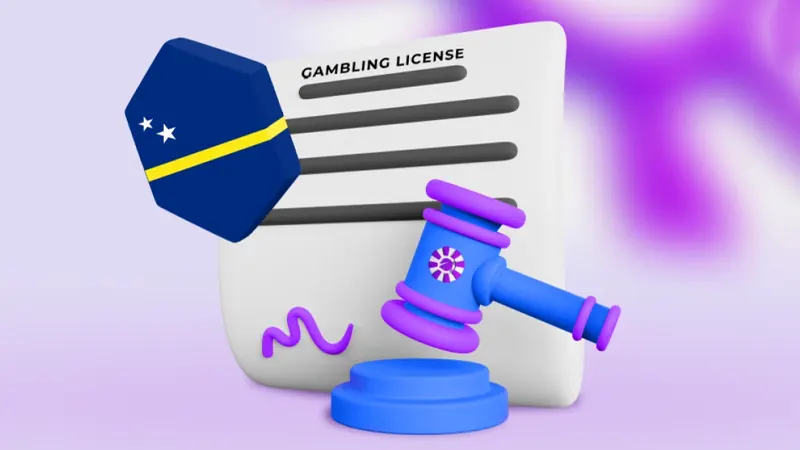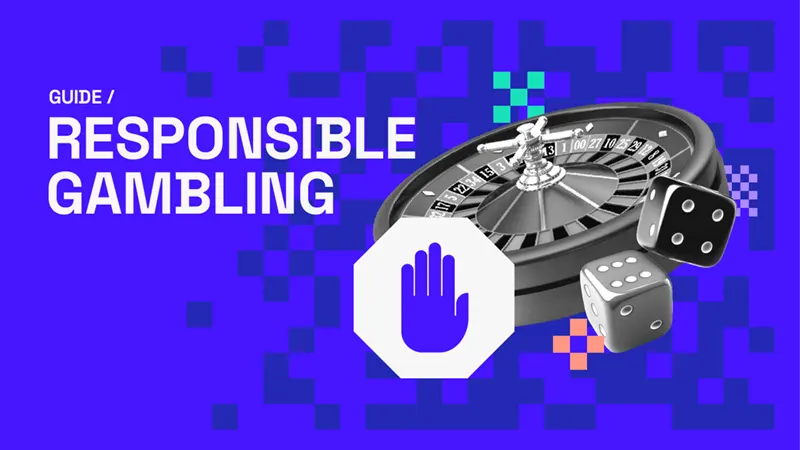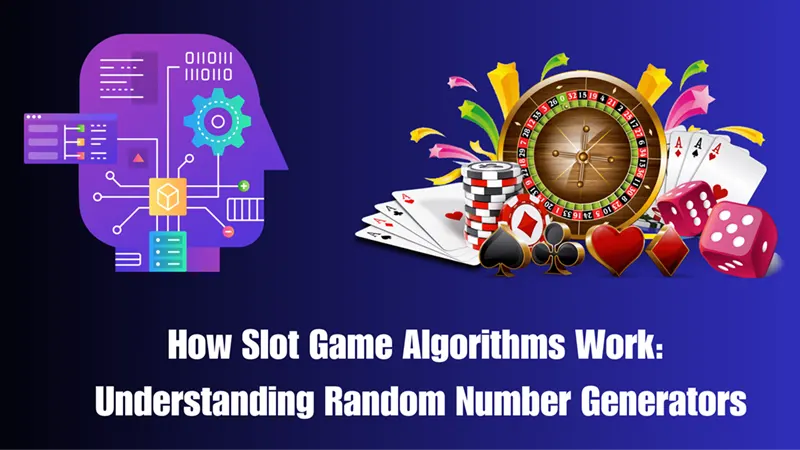Slot games have long been a source of entertainment and excitement for millions of players worldwide. However, their fully automated nature has also bred suspicion among many players. Unlike traditional casino games where you can see a dealer shuffle cards or spin a roulette wheel, slot games operate entirely through machines, making their internal workings invisible to the naked eye.
This lack of transparency has led to numerous questions: How do these machines actually work? Can casinos manipulate the outcomes? Are the results truly random? At 82 Lottery, we understand these concerns and believe that educating players about the technology behind slot games is crucial for building trust and ensuring responsible gaming.
The mystery surrounding slot mechanics isn’t helped by the fact that many players experience long losing streaks or witness seemingly improbable outcomes. When emotions run high and money is at stake, it’s natural for players to question whether the games are fair.
What Algorithm Do Slot Games Use?
Modern slot games rely on a sophisticated technology called RNG (Random Number Generator) – a computer program that continuously generates random number sequences. This isn’t just any simple randomization tool; it’s a complex mathematical algorithm that produces millions of numbers per second, even when no one is playing the game.
The RNG operates independently of external factors such as the time of day, the amount of money in the machine, or previous outcomes. Each spin is determined by the RNG value at the exact moment a player presses the spin button. This means that timing, previous results, or any external manipulation cannot influence the outcome of a spin.
The beauty of RNG technology lies in its mathematical precision. The algorithm uses seed values and complex mathematical formulas to generate sequences that appear random to humans but follow strict mathematical principles. This ensures that each outcome is statistically independent and unpredictable.
How Does RNG Actually Work?
The RNG creates an enormous sequence of numbers, typically ranging from zero to several billion. The slot machine’s software then maps these numbers to specific symbols on the reels. For example, if a slot has five reels with 20 symbols each, the RNG will generate five numbers that correspond to the final position of each reel.

Each spin represents a completely independent event, unaffected by previous spins or future outcomes. This means that a machine that hasn’t paid out in hours isn’t “due” for a win, and a machine that just hit a jackpot isn’t less likely to pay out again immediately. This independence is crucial for maintaining fairness and preventing predictable patterns.
RTP and Volatility Working with RNG
While RNG ensures randomness, two other important factors determine the character of a slot game: RTP (Return to Player) and volatility. RTP represents the theoretical percentage of wagered money that a slot machine returns to players over millions of spins. For instance, a slot with 96% RTP will theoretically return $96 for every $100 wagered over the long term.
Volatility, also known as variance, describes how frequently and how much a slot pays out. High volatility slots offer larger but less frequent wins, while low volatility slots provide smaller but more regular payouts. The RNG ensures that these mathematical models are followed fairly over time.
It’s important to understand that RTP is calculated over millions of spins, not individual gaming sessions. This means that short-term results can vary significantly from the theoretical return rate. Players seeking High RTP Games should look for slots with return rates above 96%, as these offer better long-term value.
Are Slot Games Rigged?
This is perhaps the most common question players ask, and the answer isn’t simply yes or no. Technically, slot games could be programmed to cheat players, but reputable casinos and game developers have strong incentives to maintain fair play.

Licensed casinos must undergo regular audits by independent testing agencies such as eCOGRA, iTech Labs, and BMM Testlabs. These organizations thoroughly examine the RNG software, verify RTP percentages, and ensure that games operate according to their specifications. Any deviation from approved parameters would result in immediate license revocation and severe financial penalties.
However, rigged slot games do exist, primarily on unlicensed gambling sites or through counterfeit software. These illegal operations often use modified versions of legitimate games or create entirely fake slots that appear similar to popular titles but lack proper RNG certification.
How to Choose Safe Slot Games – 82 Lottery’s Expert Advice
At 82 Lottery, we recommend following these guidelines to ensure you’re playing fair slot games:
First, only play slots from reputable software providers like NetEnt, Pragmatic Play, Microgaming, and Evolution Gaming. These companies have established reputations and undergo regular testing to maintain their licenses.
Second, verify that the casino displays valid licensing information and certification badges. Look for logos from recognized testing agencies and click on them to verify their authenticity. Legitimate certificates will link to the testing agency’s website with verification details.
Third, check that the published RTP percentages match what’s displayed in the game’s information screen. Reputable casinos are transparent about their games’ theoretical return rates and make this information easily accessible to players.
What Players Can Verify
Players have several tools at their disposal to verify slot game legitimacy. Most importantly, look for certification logos from recognized testing agencies. These should be clickable links that lead to verification pages on the testing company’s website.
Additionally, research the software provider’s reputation through gaming forums and review sites. Established developers have long track records and extensive player feedback that can help you assess their reliability.
Finally, be wary of slots that lack basic information such as RTP percentages, volatility ratings, or software provider details. Legitimate games always display this information clearly.
Professional Advice from 82 Lottery
Our experience in the gaming industry has taught us that slot games are purely based on RNG technology, making them impossible to predict or manipulate through player actions. Common myths about “hot” and “cold” machines, optimal timing strategies, or special button-pressing techniques have no basis in reality.

Instead of chasing false strategies, focus on responsible gaming practices. Set clear spending limits, choose games with favorable RTP percentages, and treat slot gaming as entertainment rather than a money-making opportunity. Remember that the house always has a mathematical advantage over the long term.
Final Thoughts on Slot Game Fairness
Slot games use sophisticated RNG algorithms to ensure random, fair outcomes when properly regulated and tested. While the technology itself is trustworthy, the integrity of any particular slot game depends on the reputation of its developer and the casino hosting it.
Players can protect themselves by choosing licensed casinos, verified software providers, and games with transparent RTP information. At 82 Lottery, we’re committed to offering only tested, certified games that meet the highest standards of fairness and transparency.
Remember that slot games are designed for entertainment, and while winning is possible, the mathematical advantage always favors the house. Play responsibly, stay informed, and enjoy the excitement that well-designed slot games can provide.


